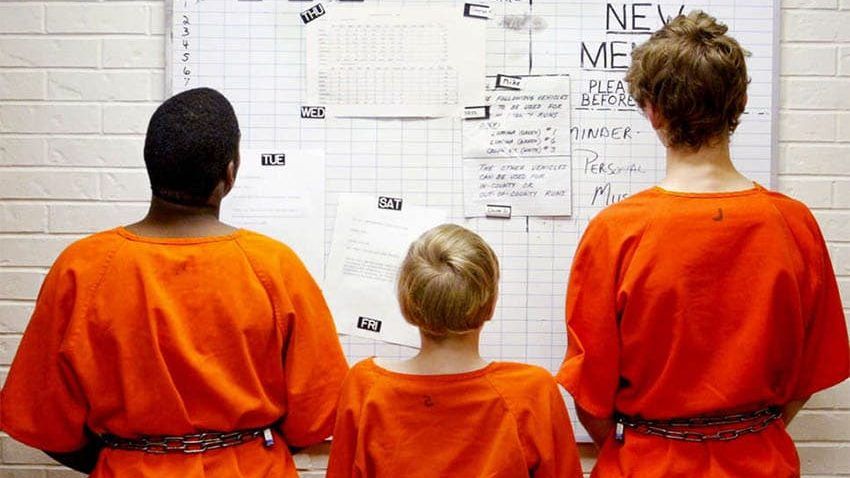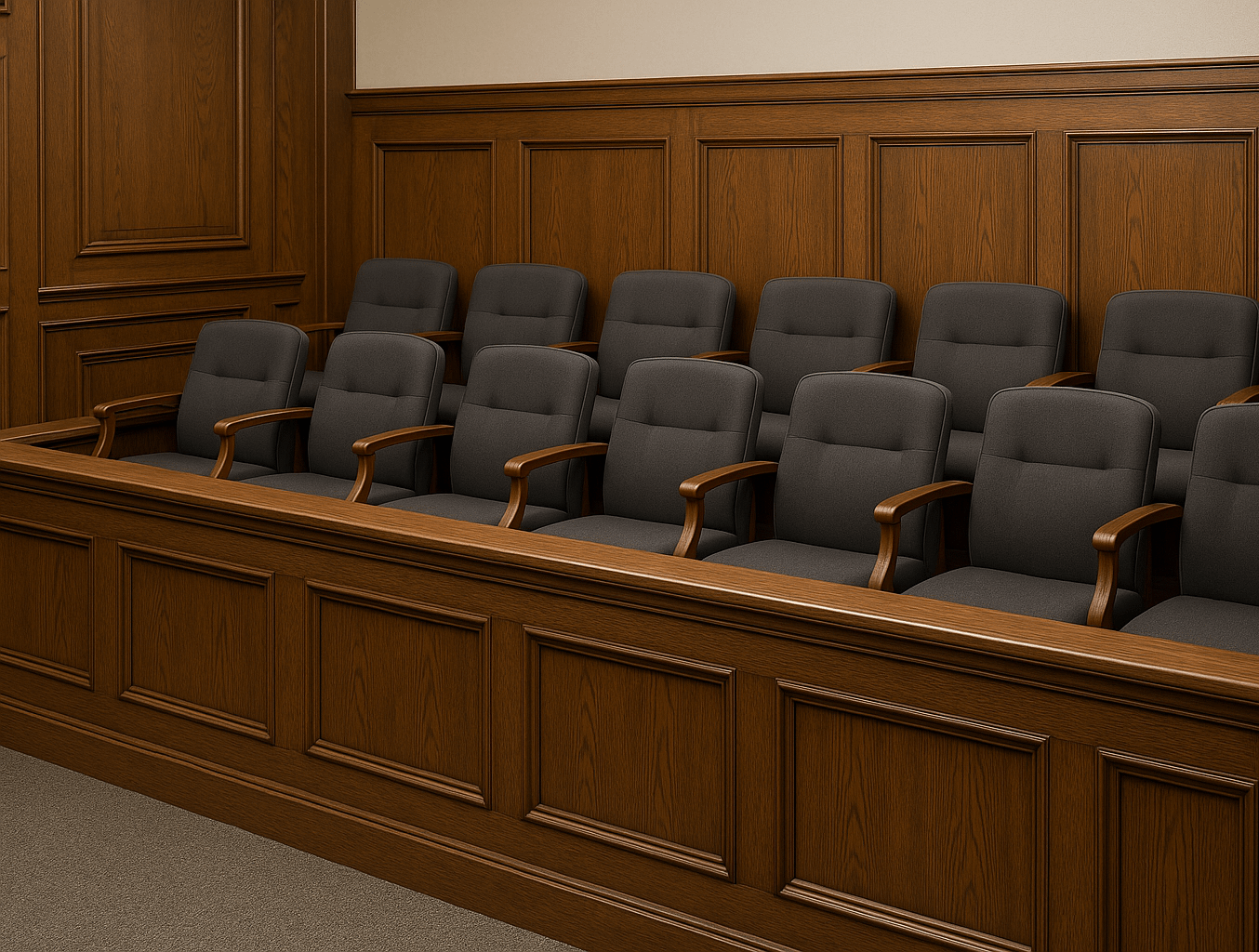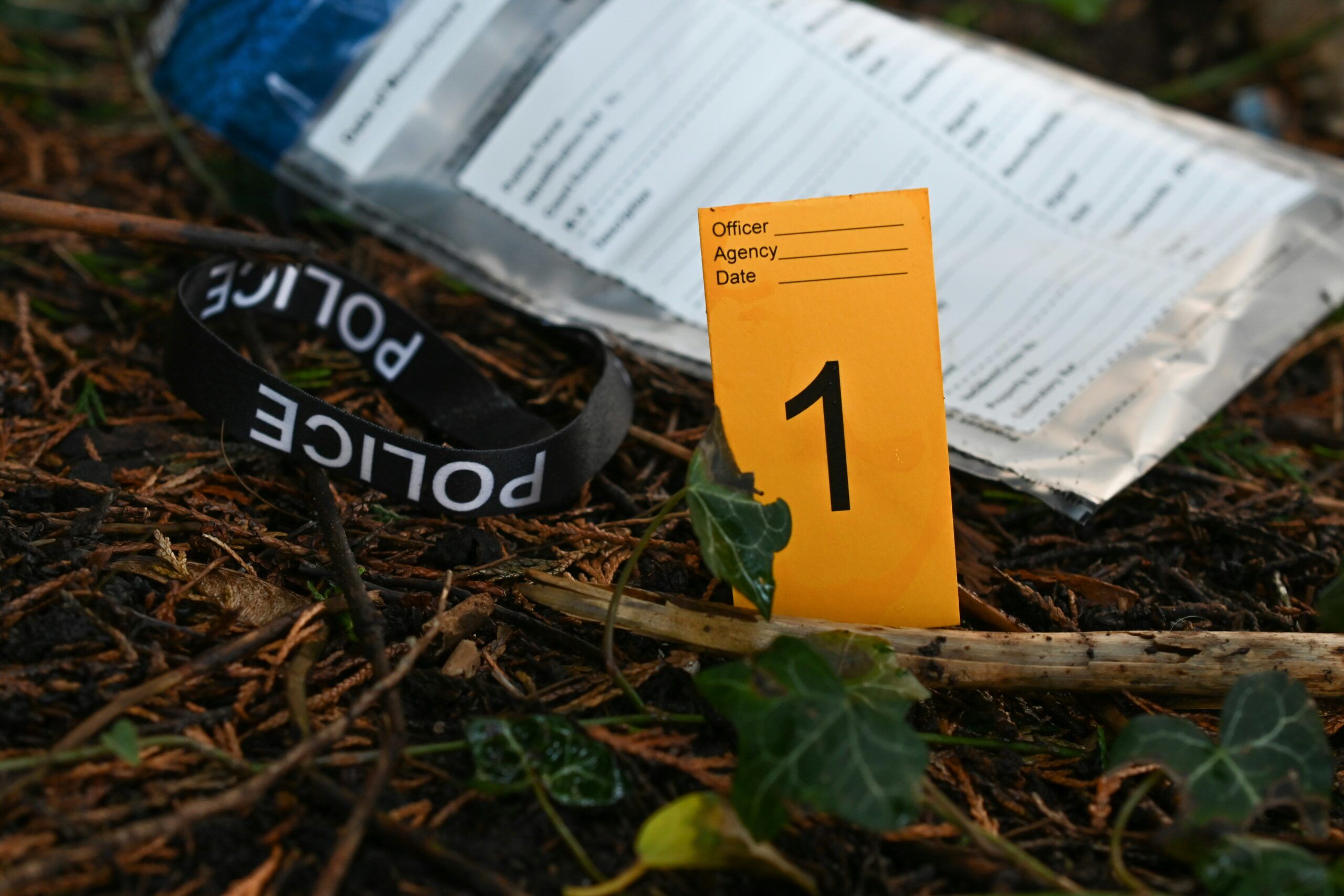Juveniles who are arrested on felonies and some misdemeanors will be held in custody until they appear before a judge for a detention hearing (within 48 hours of arrest). The result of the hearing can be a huge factor for how stressful a case can be for the juvenile and juvenile’s family.
At the detention hearing, the judge will review a law enforcement affidavit to determine if it supplies the probable cause necessary to proceed on the charges alleged. The prosecution does not put on evidence. The juvenile is allowed to put on evidence to combat the charges, but it is rare to have much evidence available for presentation 48 hours after arrest. The juvenile may reserve the right to request an additional hearing within 14 days to try to combat the charges if necessary. If the juvenile puts on evidence at the initial detention hearing, the opportunity for an additional detention hearing will be lost.
Once probable cause is found, there are three main outcomes to a detention hearing. The first option a judge has is to send the juvenile home. The second option is to send the juvenile to an out-of-home placement (a group home with other juvenile offenders). The third option is to order that the juvenile be detained in the Juvenile Detention Center.
Simply being taken out of his home can negatively affect the juvenile. It can cause a lot of stress for the juvenile and the family as a whole. Just the fact that the juvenile is not at home in his normal environment can cause stress that can make a juvenile make decisions that he normally would not. If the juvenile is in an out-of- home placement or in the Juvenile Detention Center, the only other children available for socialization are other juvenile offenders. The influences in this environment can have dramatic effects on the still-developing juvenile brain.
Because these detention hearings are unique to the juvenile system, defense attorneys who practice in adult criminal courts may not know how to navigate the rules. It is important to contact an experienced juvenile defense attorney who knows how to handle detention hearings. It can make the difference for putting the juvenile in the best possible position to maintain a normal living environment while the case is pending. This will keep the juvenile in the right frame of mind, which will help the juvenile in making thoughtful decisions about his case. It can also be a turning point for whether the prosecution is allowed to proceed.
If you or your loved one is facing a juvenile adjudication or investigation of a juvenile offense, contact the experienced defense attorneys at Joseph, Hollander & Craft and ask for Nic Means, Bach Hang, or Lindsey Erickson. With attorneys in Wichita (316-262- 939), Topeka (785-234- 3272), Lawrence (785-856- 0143), and Overland Park (913-948- 9490), we serve clients from the Oklahoma border to the Kansas City area.













